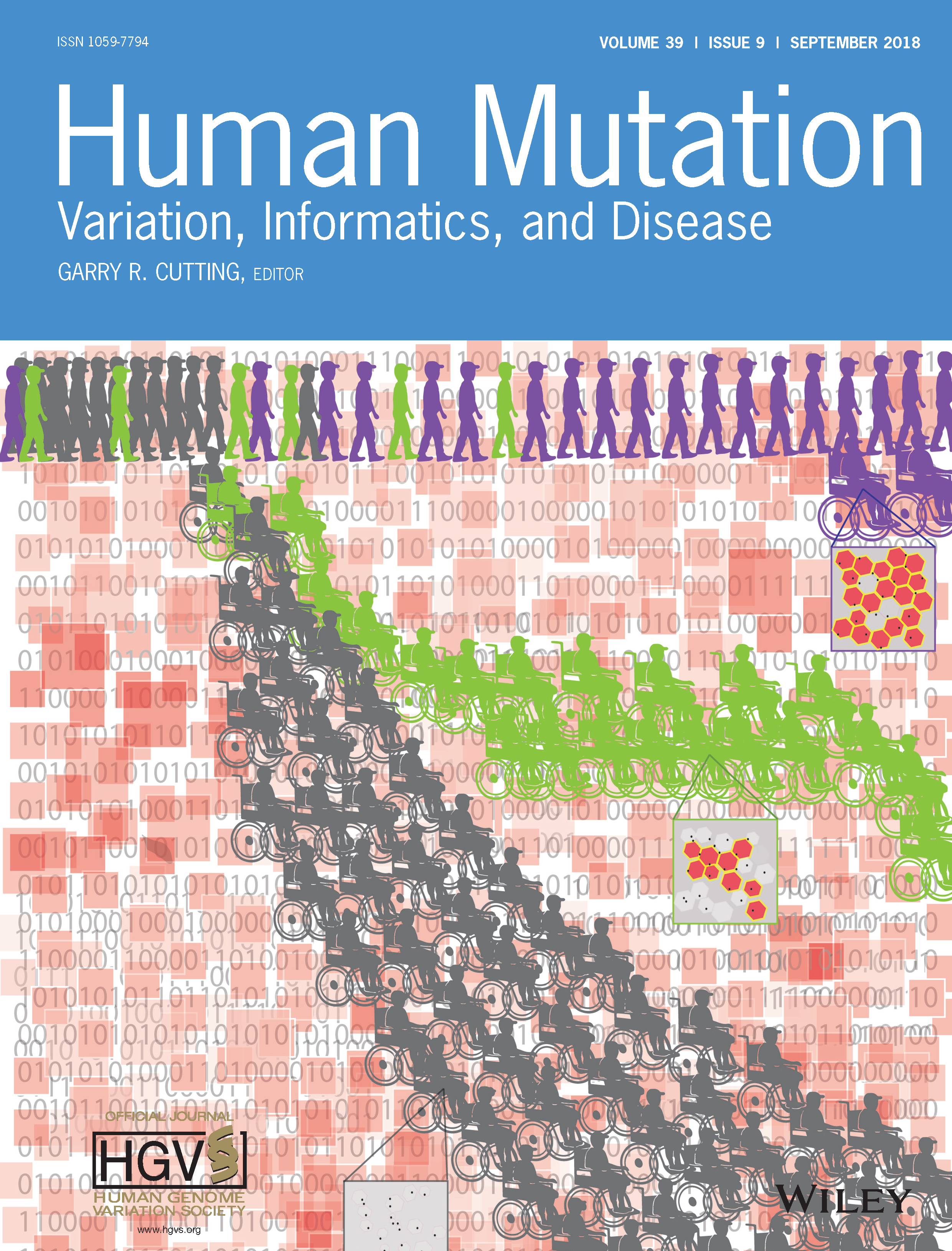
As curators of The Duchenne Registry, we are frequently asking you to submit your genetic test report to the Registry. You may often wonder why we need the actual laboratory report, and why we are so relentless in our requests!
Here is a perfect example of why your data is so important: A study was recently published in the journal Human Mutation that uses data from The Duchenne Registry, and specifically the genetic test report data.
Richard Wang, PhD and Florian Barthelemy, PhD analyzed data from The Duchenne Registry as an equal collaboration between the Miceli and the Nelson Laboratories at UCLA. They wanted to know whether the different mutations in the Duchenne gene have varying effects on disease progression, or simply stated, do different mutation groups behave similarly? The interesting answer is they do not.
The researchers found a correlation between certain gene deletions and the age at loss of ambulation. In particular, they found that boys with exon 45 deletions and boys with exon 3-7 deletions had a later age at loss of ambulation (they walked longer) than other boys in the Registry.
Findings
Exon 44 skippables
The Registry data indicates that the boys in the exon 44 skippable group lost ambulation at a median age of 20 years, which is much later than the typical course for Duchenne where the typical age at loss of ambulation is around 13 years. Several studies have previously hinted at this fact but were hampered by an insufficient number of individuals to study. Here, the UCLA team could show the effect quite convincingly! Of all the exon 44 skippable mutations, 65% were exon 45 deletions.
Exon 8 skippables
Most of the boys in the Registry with exon 8 skippable mutations were still walking past the age of 15 years, which is quite unusual when looking across all Duchenne individuals. Probing further, individuals with a deletion of exons 3-7 are the main drivers of the exon 8 skippable result. This deletion happens at the very beginning of the gene and it has been anecdotally mentioned in the scientific literature.
Exon 51 skippables
As a group, exon skipping therapies targeting exon 51 are expected to benefit the largest number of Duchenne patients (approximately 13%). An unexpected finding from this study was that individuals with exon 51 skippable mutations tended to lose ambulation about a year earlier than the rest of the group. Among the many mutations that are skippable by exon 51, deletion of exons 49-50 seem to be the major contributor to this result.
Endogenous skipping
Using cell models derived from donors with mutations treatable with skipping exons 8, 44 or 51, the researchers looked for molecular mechanisms that might explain the shift in age at loss of ambulation. One suspected mechanism was endogenous skipping or auto-skipping. Antisense oligonucleotide therapies essentially trick the cellular machinery into creating a functional protein by removing an exon. Perhaps, in some people, an exon is skipped without the need for an antisense oligonucleotide?
Florian Barthelemy in Dr. Miceli’s Laboratory set up cellular models of individuals with mutations of interest (exon 8/44/51 skippable) and looked for hints of auto-skipping. They found that cell lines with an exon 8 or 44 skippable mutation showed higher-than-expected auto-skipping, whereas the exon 51 skippable cell lines showed zero or close to zero auto-skipping.
Taken together, this data supports the idea that endogenous skipping helps Duchenne patients with particular mutations (8 and 44 skippables). In contrast, exon 51 skippable individuals may have little to no auto-skipping.
The value of this work
Using data from The Duchenne Registry, combined with traditional laboratory work, Drs. Wang and Barthelemy with this team of researchers found several important genotype-phenotype correlations for Duchenne. Importantly, they did this without ever seeing a patient in person. This is the value of aggregating large data sets in rare diseases. Even specialized clinical centers will never encounter thousands of Duchenne patients, so simply obtaining this information from such a large cohort is amazing. Plus, all this was done at a fraction of the cost of a traditional natural history study.
The Duchenne Registry
Thank you to all the families who have submitted a copy of their genetic test report and have updated their Medical Surveys. Your time and effort are greatly appreciated. Thank you for being citizen scientists and contributing data that advances our fight to End Duchenne!
If you would like to register on The Duchenne Registry or update your Medical Surveys, please go to DuchenneRegistry.org!
Questions? Call 888-520-8675 or email coordinator@duchenneregistry.org.



 by: Parent Project Muscular Dystrophy
by: Parent Project Muscular Dystrophy

